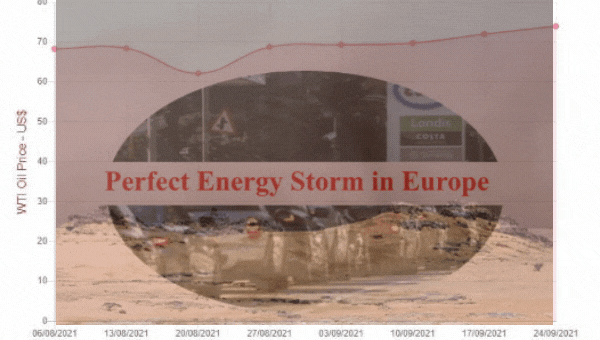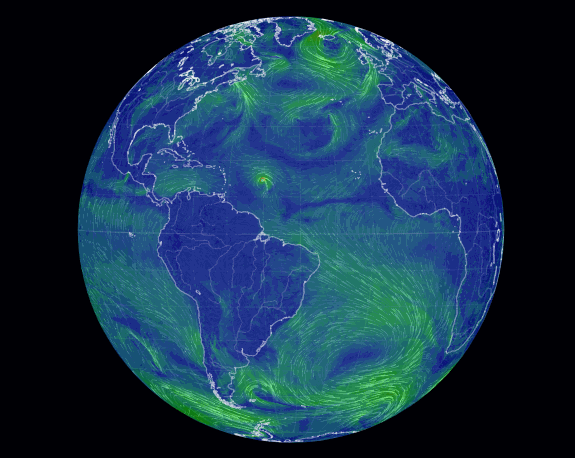At the height of the 2008 financial crisis that came
about out of the blue, Queen Elizabeth ||, the British Monarch, was reported to
having asked some experts in the field, “Why no one saw this coming?” at an
event in the aftermath of the disaster.
Of course, Her Majesty’s audience could not give a
simple answer to an equally simple question. Nor the latter themselves knew
what really went wrong, when the world had been led to believe the polar
opposite – unstoppable global prosperity.
What we witness today in the European energy markets
is no different: nobody knew this was coming about six months ago. Some may, in
retrospect, point to their own past analyses to cash in on the dearth of severe, expert predictability in the energy markets at present.
It’s true in the last few weeks there were
speculations about an impending gas crisis in Europe. Since they were, more
often than not, linked to the so-called ‘Russian
manipulations’, they could not convince many sane people to accept the
narrative; we do not know yet whether it was the case, although a Europe-wide
investigation is underway to get to the bottom of it, if any.
If it was the case, as Her Majesty noted in 2008,
why no one saw Russia was doing that on purpose?
At present, in the UK, there are queues around some petrol
stations.
Although there are queues in local petrol stations
where I live in West London, they are neither long nor unruly; as far as petrol
station managers are concerned, they are manageable too. It may, however, not
be the countrywide picture.
The only queues that we normally see in the UK are those
that take place when there are traffic problems or accidents. In this context,
the petrol queues are unique and bring in a sense of palpable apprehension.
After the Brexit, the European disunity is growing
alarmingly and the leaders hardly see eye to eye on a catalogue of crucial issues,
ranging from migrant problem to reining in assertive China; tackling the issue
of source of gas, especially, when the winter is on the horizon in a few weeks’
time, is no different.
The lack of reliability in wind power that came to
the fore recently simply exacerbated the energy situation in Europe;
politicians cannot go back on their words, having championed about the merits
of renewable energy for years; it’s politically suicidal.
“Winds will always be where it should be,” slogan
does not hold true anymore in light of switching back to powering up coal power
stations on static days when there are not enough winds.
Of course, winds will always be above the oceans.
The fact is their absence where there are plenty of wind turbines to generate
electricity for the national grid.
As we started slowly coming out of the pandemic, the
looming energy crisis is adding yet another dimension to the existing problems.
The British government, meanwhile, says that there
are enough petroleum stocks in the country and there is no need of panic
buying. It, however, implies that there are not enough drivers to move trucks
across the country by granting thousands of temporary visas for potential
drivers.
There is no doubt that the Europeans ultimately will
find a way around the crisis in order to solve it. However, why they did not
use the new-found wisdom in the first
place in order to avert the debacle will not simply go away; it may haunt the
decision makers as well as the renewable cause that they fought for so passionately - for years to come.
In light of these developments at ground level, the dream of embracing the renewable energy as the ideal substitute for fossil fuel is going to stay that way for decades to come - just a dream.








